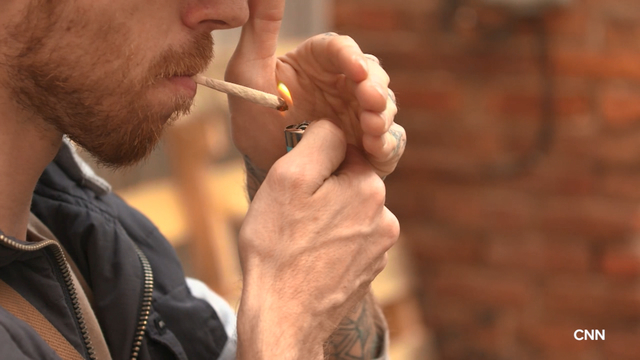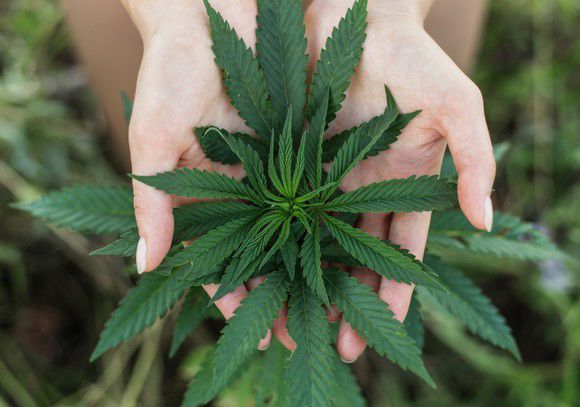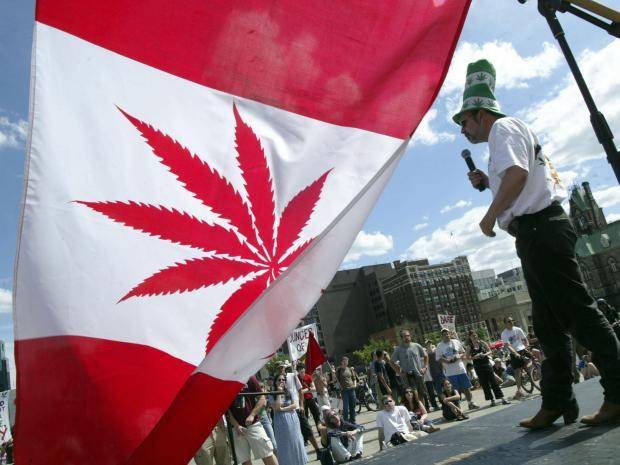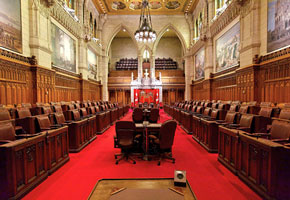As some of you may have seen, back in December I wrote a blog all around the legal marijuana industry in the US. You might be unaware that at around the same time, across the border in Canada, a taskforce was set up to provide recommendations on the outline of a framework for the regulation and legalisation of recreational cannabis in the country. A report was subsequently published which delineated these recommendations, exploring how cannabis should be regulated, minimum age requirements, personal allowance and packaging.
Background
Canada has allowed legal access to dried marijuana for medicinal purposes since the implementation of the ‘Marihuana Medical Access Regulations’ (MMAR) in 2001. Yet it took until 2015 for discussions to surface regarding legalising it for recreational use. This occurred after the Liberal party won the Canadian federal election in October 2015, with the new Prime Minister Justin Trudeau announcing that discussions would take place to find a suitable process for the legalisation of possession of marijuana for recreational use. The taskforce mentioned above was formed the following June, with the report published in December. The report issued recommendations modelled on jurisdictions which have legalised recreational marijuana, for example, Colorado and Washington in the US. As with the US, it was recommended in the report that the individual principalities in Canada should be able to make their own decision about the rules and regulations around recreational marijuana, as well as their own tax rates/minimum prices.
The Cannabis Act was introduced in the House of Commons on 13th April 2017, it is set to become effective July 2018. The law will make Canada the first industrialised country where marijuana is fully legal.
Banking Concerns
In a similar way to the US, banks in Canada are facing challenges doing business with ‘marijuana related businesses’ (MRBs).
In the last year, several MRBs that bank with either Scotiabank or the Royal Bank of Canada have seen their accounts closed down – including long-established businesses banking without any issues or businesses that don’t sell any actual cannabis or cannabis based products.
In one instance, a medical marijuana producer was told by their bank that it will no longer be doing business with cannabis-related companies, even though their business – and medical marijuana – is completely legal throughout Canada. In Canada, the issue seen in the US of state vs federal is not a factor, as banks do not run the risk of being penalised by the federal government. As the banks wouldn’t be doing anything illegal in taking on an MRB as a customer, what is it exactly that is causing a problem here? As we have seen with other instances of de-risking, there could be a number of complex factors driving an exit decision. It could be that the banks are facing high compliance costs for maintaining these relationships. Another, and possibly more likely scenario, is that the banks don’t want to risk reputational damage by dealing with MRBs.
Where Canada has moved to overall legalisation, in the US it looks like the situation for MRBs could get worse. Jeff Sessions, the US attorney general is opposed to legalised marijuana and issued a letter in July reiterating that ‘Congress has determined that marijuana is a dangerous drug and that the illegal distribution and sale of marijuana is a crime.’
During his campaign, Trump pledged that it was up to individual states when it came to legalising marijuana, however it is possible that the lenient stance that the Obama administration took on marijuana legalisation may soon be brought to an end. With this could come opportunities for Canada to become a global centre of medicinal cannabis research. Americans looking to work in the legal marijuana industry may soon be heading across the 49th parallel for work.
credit:420intel.com













